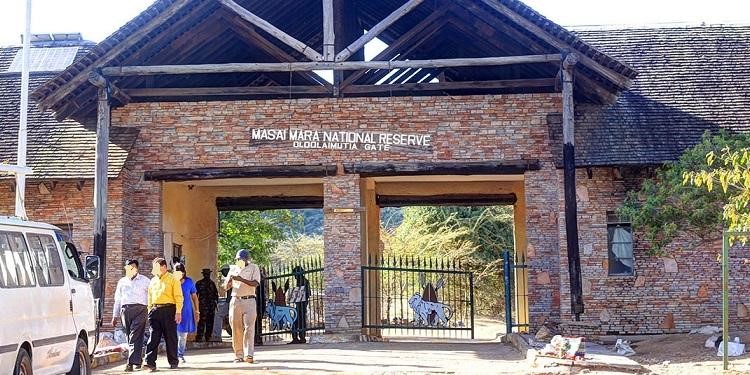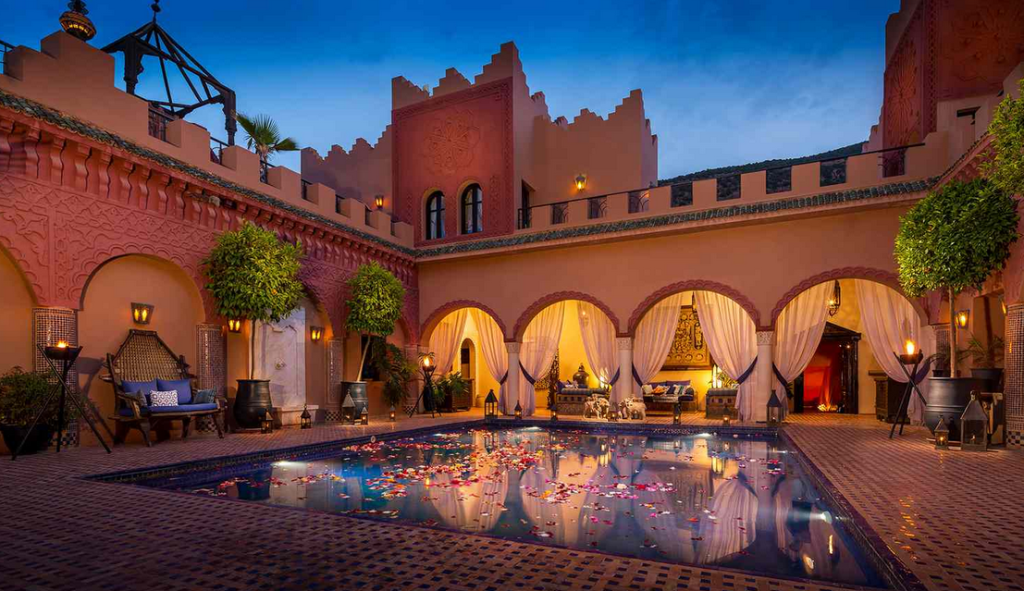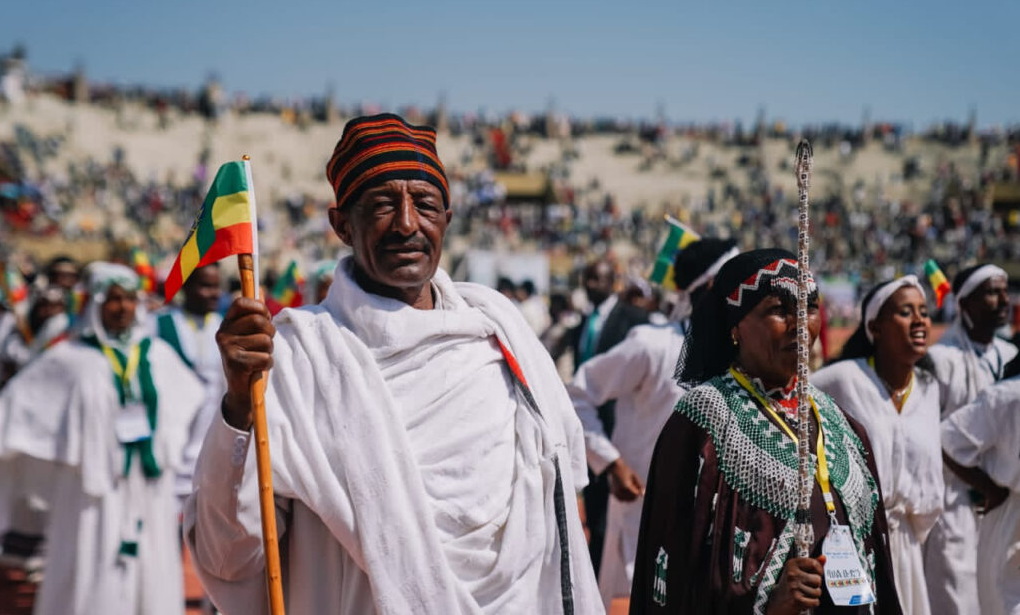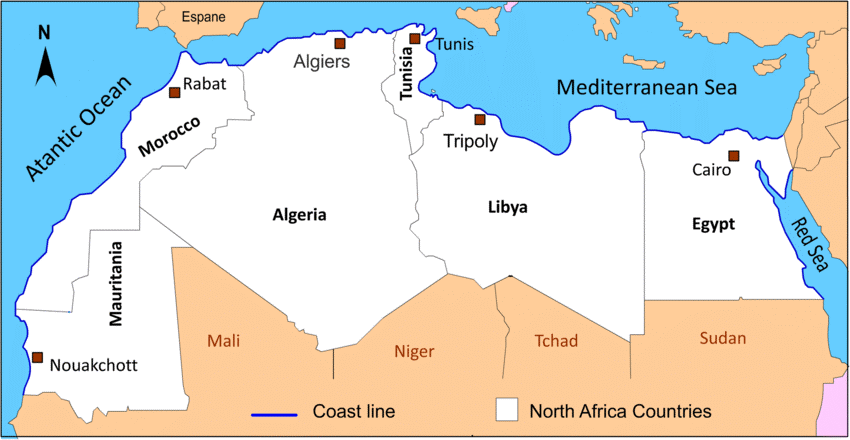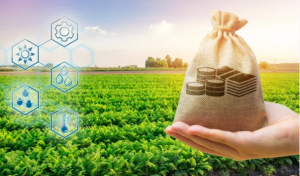
The mainstay of Ivory Coast’s economy is agriculture. It is a significant producer and exporter of coffee, palm oil, and cocoa beans as well as the largest producer and exporter of cocoa beans worldwide. It is also one of the top three countries for cashew production and export. According to estimates, agriculture employs over 48% of the nation’s workforce and contributes roughly 20% of the GDP. Additionally wealthy in mineral resources, Côte d’Ivoire has large quantities of ores and hydrocarbons (gold, copper, iron, manganese, bauxite). There has recently been a rise in activity in the petroleum sector, particularly in relation to precious minerals like gold and diamonds, but also in nickel mining.
Foreign investors in the West African region like to invest in Ivory Coast. Currently in its last year, the National Development Plan aspires to make private investment the nation’s primary driver of economic growth. The primary sector value chains and production diversification in the primary sector are the main goals of the plan (Baten, 2016). Infrastructure improvement is another area of emphasis, with projects like the Abidjan Urban Transport Project and infrastructure for the 2023 Africa Cup of Nations likely to open new chances for private investment. There are investment opportunities in the real estate, financial services, energy infrastructure, transportation infrastructure, telecommunications, agribusiness, textiles, and consumer goods industries, among other economic sectors.

